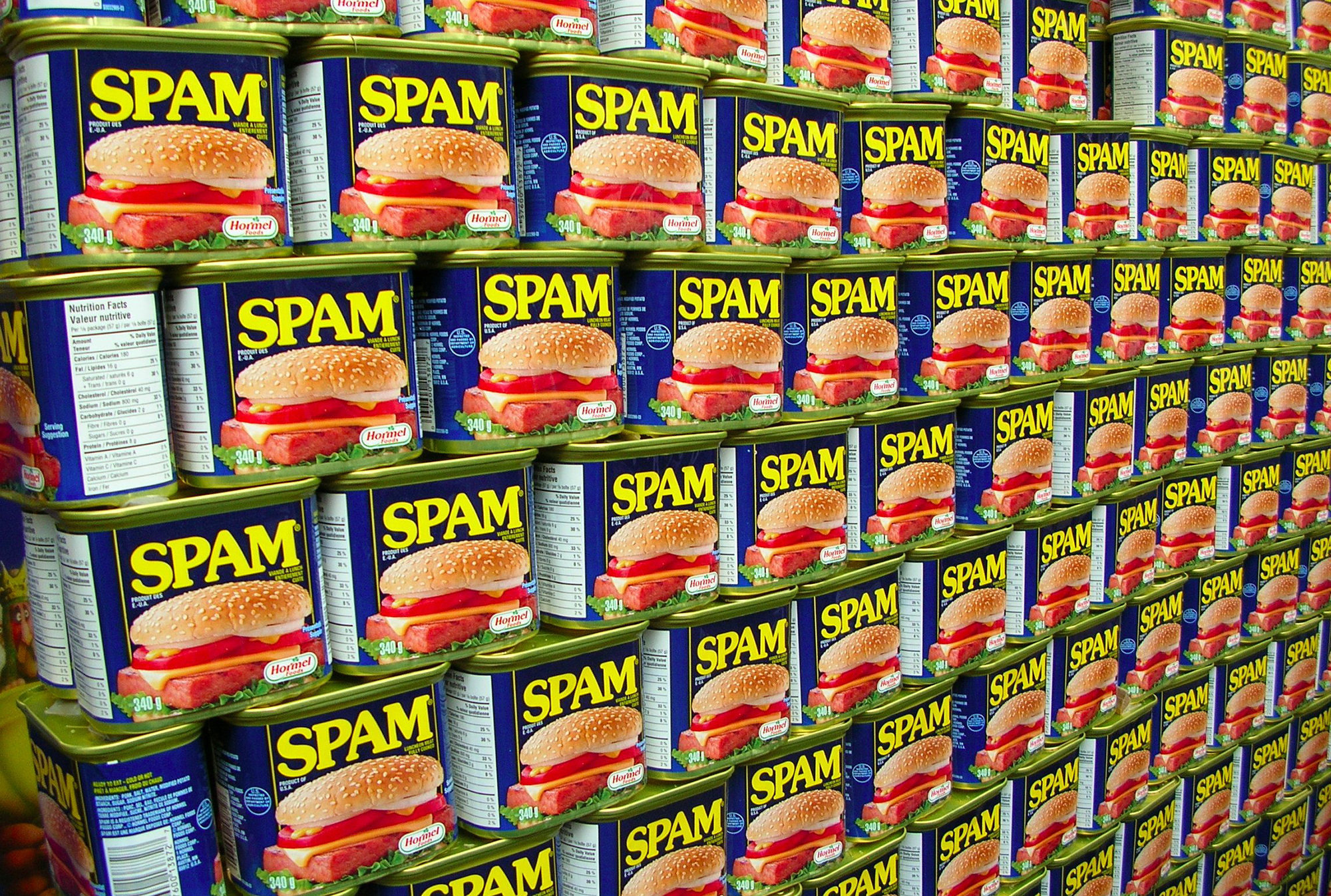Spam. We all hate it. Our email services normally complete with filtering services to try and keep it at bay.
But what is spam? According to Wikipedia, it’s…
the use of electronic messaging systems to send unsolicited bulk messages (spam), especially advertising, indiscriminately
Sounds about right. But, where does Twitter’s targeted adverts fit into this? To raise revenue advertisers can target tweets at individuals to promote their products. It’s Twitter’s equivalent of, say, Gmails targeted adverts that appear next to your emails when you view them.
But, because you didn’t ask for these messages, are they spam? They are unsolicited because you didn’t ask for them, although they are part of the T&Cs of Twitter…
The Services may include advertisements, which may be targeted to the Content or information on the Services, queries made through the Services, or other information.
However, even though it is clear when viewing Twitter that these messages are officially targeted rather than genuine spam being sent outside of Twitter’s arrangements, people don’t seem to realise this, leading to often hateful messages being sent to the advertisers.
This isn’t the fault of Twitter because, as I say, it’s quite clear that these are official sponsored messages. Twitter is used as an example here because it’s lead to an environment where people say what they want when they want – even the most innocuous messages from a company can often lead to a nasty reply. In particular, it seems impossible for a company to even promote anything on Twitter without a service issue being thrown in the face as something they’d prefer the company to be working on.
Maybe that definition of spam needs re-writing and we need a re-think of what constitutes acceptable targeting.



Talk to me!